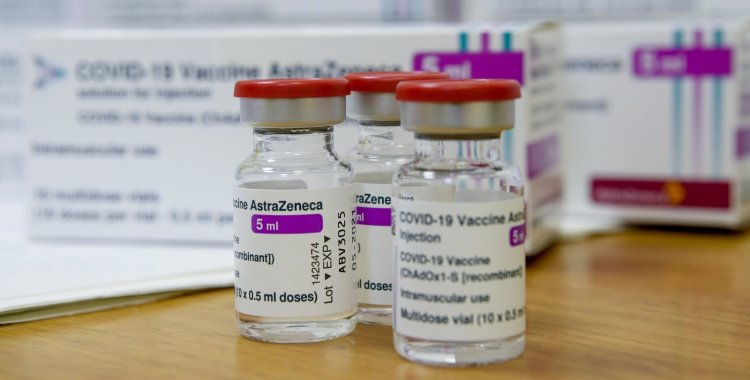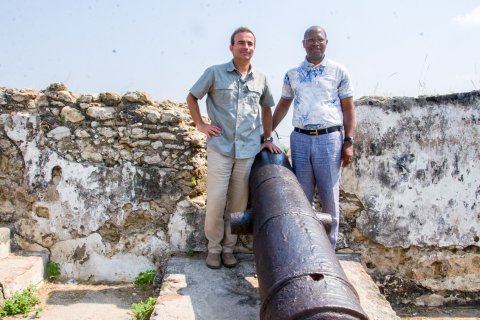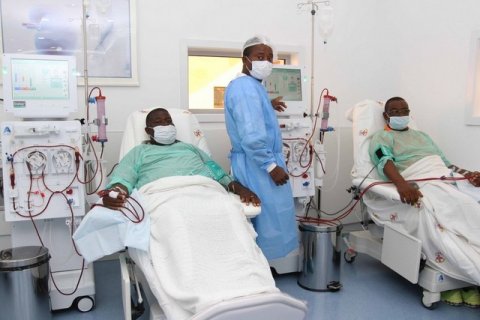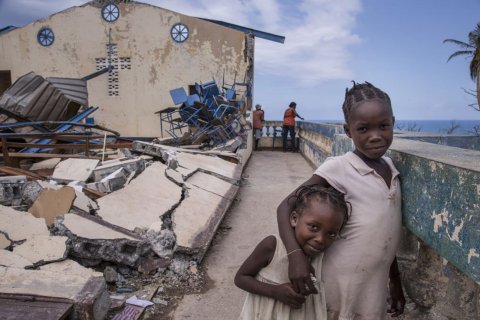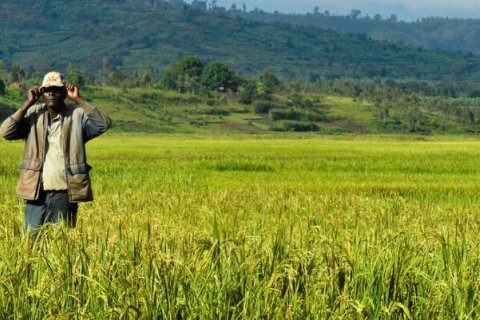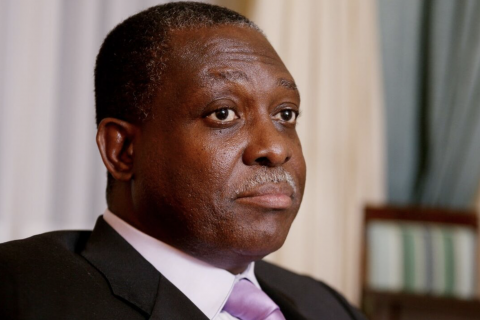The Africa CDC's position contrasts with that of the World Health Organization (WHO), which suggests that the Anglo-Swedish conglomerate's controversial vaccine be given even in countries where the South African variant of the SARS-CoV-2 virus is widely circulating.
The director of the African Union (AU) specialized agency, John Nkengasong, told the Africa CDC's weekly press conference via the Internet from Addis Ababa that seven of the 55 AU member states - Botswana, Comoros, Ghana, Kenya, Mozambique, South Africa and Zambia - have registered the variant and none other than South Africa has expressed that the presence is "overwhelming."
The conference came one day after South Africa announced it will not use AstraZeneca's vaccine, citing a study that suggests the vaccine performs poorly in preventing mild to moderate disease caused by the South African variant of covid-19.
Africa is only now beginning to receive covid-19 vaccines on a large scale, and this week's news from South Africa, the continent's hardest-hit country, has caused shock.
The Africa CDC maintains that African countries with the variant now dominant in South Africa should accelerate plans for vaccination campaigns with any anti-covid-19 vaccines that have received emergency clearance or approval by regulatory authorities, while considering efficacy against the variants initially emerging in South Africa and the UK.
In a parallel press conference, World Health Organization (WHO) Africa Officer Matshidiso Moeti included Tanzania in the batch of countries where the South African variant of the disease is circulating and also suggested that all countries should go ahead with their vaccination campaigns with AstraZeneca's vaccine, even if they already have the new SARS-CoV-2 strain circulating.
"What's important is the opportunity to continue to study the vaccine" and its effectiveness, Moeti said, quoted by the Associated Press.
"We are not going to rule out the AstraZeneca vaccine," stated Nkengasong, for his part. "It's a good vaccine where there is the variant and the variant will not have an impact that will submerge a country," he added.
Not only is the Africa CDC advising that countries that have already reported the presence of the South African variant go ahead with vaccination campaigns with the AstraZeneca vaccine, but "countries that have not identified this variant have absolutely no reason not to use it," Nkengasong added.
The African continent has seen an average 18 percent decrease in new infections with the virus over the past four weeks, which Nkengasong called "encouraging.
The official cautioned, however, that studies show that more people have been exposed to the virus than the 3.7 million confirmed cases, and that "definitely not all deaths are being accounted for, especially in the second wave."
Africa has more than 96,000 confirmed deaths, and the WHO's Africa leader said Thursday that the continent will pass the 100,000 death mark next week.
Although the recent resurgence of cases on the continent has been considerably more deadly than in the first wave, "Africa has a lot to be proud of for the initial response, and it certainly did much better than Europe," considered Peter Piot, director of the London School of Hygiene & Tropical Medicine, who attended the WHO briefing.
Piot urged equitable global distribution of the anti-covid-19 vaccines, pointing out that once again, rich countries are securing most of the vaccines so far produced, and recalling that it took almost a decade during the early years of the HIV-AIDS pandemic for significant numbers of people on the African continent to have access to anti-HIV drugs.
Africa has so far been relatively little affected by the pandemic, accounting for only about 3.5 percent of covid-19 cases and 4 percent of deaths worldwide, according to data from the Africa CDC. Many African countries now face a second, more accelerated wave of infection, however, and are making efforts to get enough vaccines to stop the pandemic's advance.
The WHO considered the continent's goal of vaccinating 30 percent of the African population by the end of the year "realistic."

